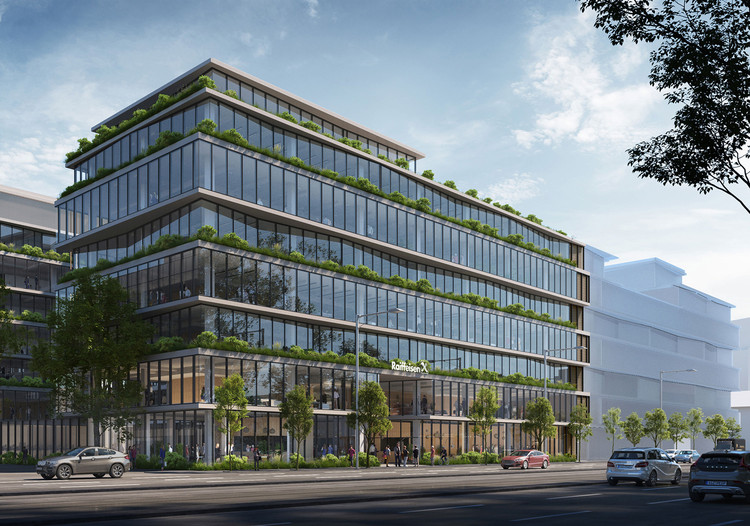According to Knight Frank, a building that meets sustainability criteria offers reduced operating costs, improves companies' commercial image, contributes to the achievement of overall sustainability goals, reduces the risk of operational obsolescence and facilitates access to green finance.
These are some of the reasons why users are looking to enter into green leases and green performance commitments with landlords to further deepen their efforts to tackle climate change.
Green leases, a framework between tenants and landlords that promote cooperation around environmental goals, are a very popular trend in Asia Pacific, which is expected to dominate the rest of the world in the near future.
According to Jackie Cheung, Associate Director, ESG, of Knight Frank in China, this practice has been particularly prevalent recently in Hong Kong, where developers often set rules about sharing data between tenants and landlords and reward tenants with the lowest energy consumption.
At the same time, in the same area, tenants are proactively asking their landlords to co-sign green leases, which include emission reduction targets, the purchase of energy produced from renewable sources and the installation of electronic vehicle charging points.
Significant reduction in demand for sustainably accredited buildings in portfolios
According to Knight Frank analysts in the second quarter of 2022, there was a significant reduction in the index that captures the increase in the number of sustainably accredited buildings in portfolios, which is now marginally negative.
The decline is likely because in the short term tenants prioritize increasing space where possible, often opting to adapt their current building over renting a new one.
However, it remains to be seen whether this represents a declining corporate attitude around ESG issues or simply a short-term inability to trade.
Despite the fact that many tenants remain hesitant and continue to underinvest in ESG, fearing the high costs involved or being concerned about how demanding this process can be, green leases are expected to dominate in the near future and upgrade, from an agreement that has nothing binding on either party, to an instrument that will include incentives and implementation clauses.















